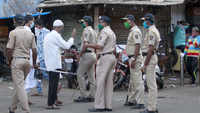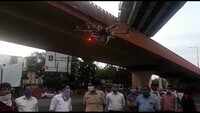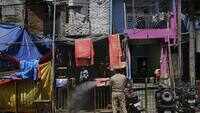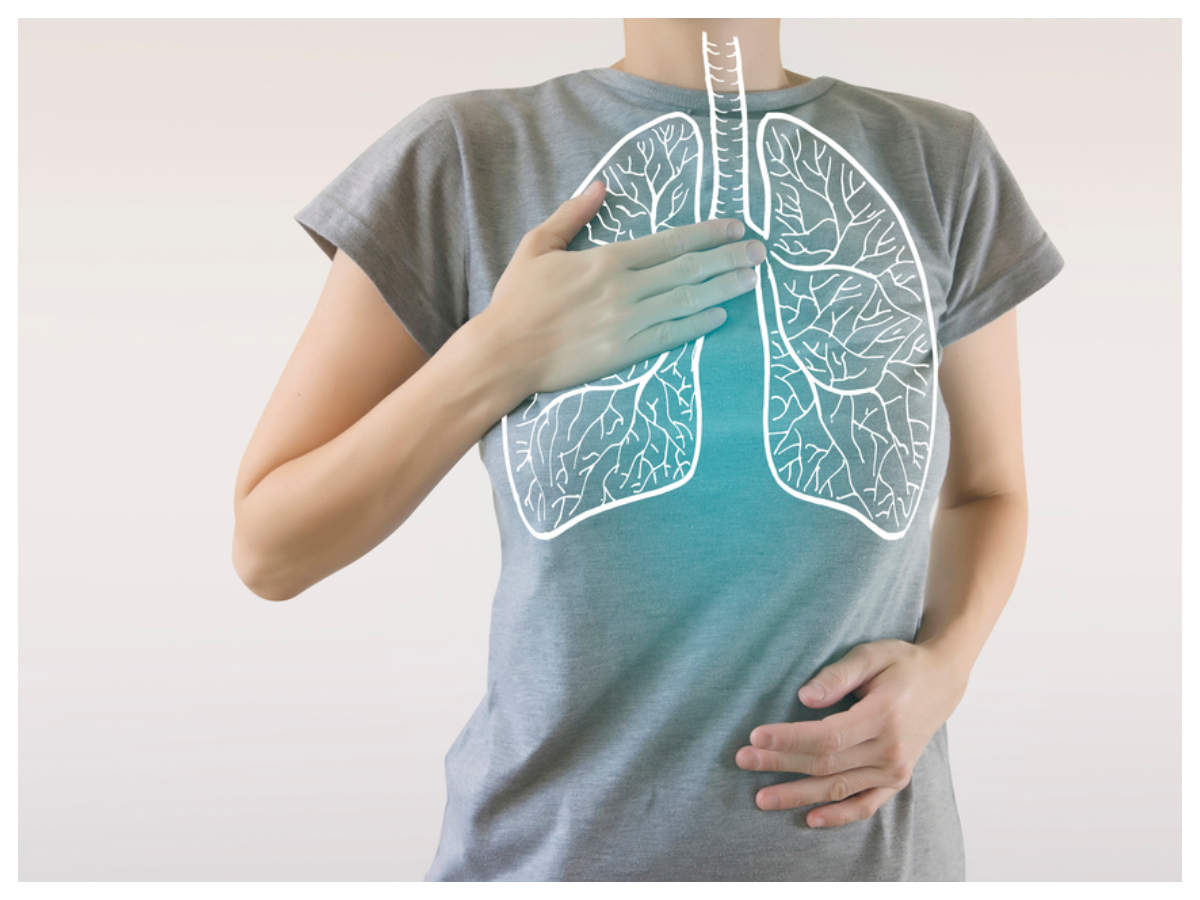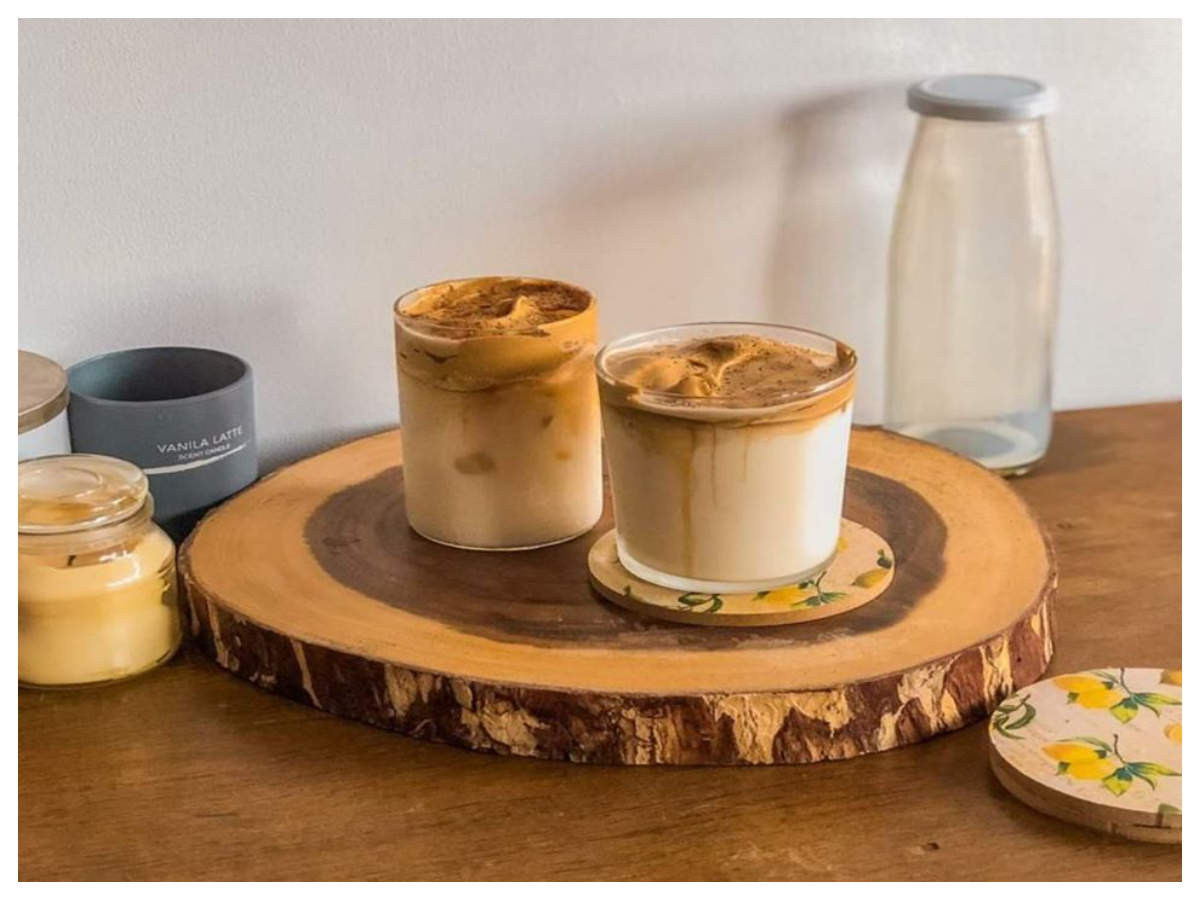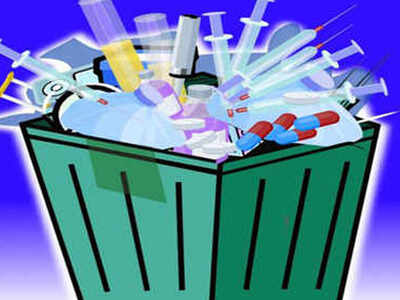
MUMBAI: The spread of coronavirus has resulted in a change in garbage disposal mechanisms, with BMC now collecting an average 37 tonnes of waste daily from containment zones comprising both residential and institutional quarantine facilities. Though much of it is household garbage, the presence of biomedical waste in it – even if in small quantities – makes scientific disposal a necessity. There are already allegations that the hazardous garbage collected from infected slum pockets goes directly to the dumping ground without treatment or segregation.
According to BMC’s data, from April 10 to 23, as the outbreak spread, residential quarantined areas increased from 354 to 719 while institutional quarantined areas rose from 60 to 143. Yet,total medical waste from such sites dipped from 1,104 kg to 791 kg and regular civic waste from these quarantined spots shrunk from 43 tonnes to 38 tonnes.
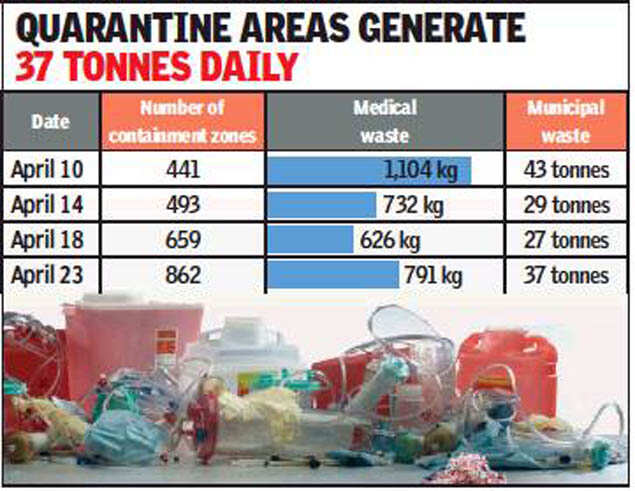
In the hotspots though, collection has been considerable. For instance, in G-South (Worli-Prabhadevi-Lower Parel) ward which has the most positive cases, 122kg of medical waste was picked on April 23 from containment zones, along with 7 tonnes of regular waste, followed by KWest (Vile Parle-Andheri-Jogeshwari West), from where 122kg bio-medical and 3tonne regular waste was generated in containment zones.
However, wards with big slum pockets are not generating as much. G-North (Dharavi-Mahim) piled up 12 kg medical waste and 100 kg regular waste on April 23 while M-East (Deonar-Govandi) ward had 9 kg medical waste and 490 kg of other waste in containment zones.
In addition, there is 16 tonnes of medical waste from hospitals and 4,000-odd tonne of municipal waste daily from other areas, down from the usual 6,300 tonne, due to closure of hotels and offices.
Bio-medical waste from hospitals or nursing homes is usually disposed of by incineration while regular waste is taken to dumping grounds. Now during lockdown, apart from incinerating medical waste, regular waste from quarantined facilities is disposed of by burial and by spraying chemicals on it.
Some 200 labourers and a few officials oversee this exercise, deploying separate vehicles to collect different kinds of waste. Prashant Kasare, 36, a conservancy worker, said, “We wear protective gear while collecting the garbage, so there is nothing to worry. After returning home, we have a bath in hot water and wash our clothes for safety.”
Officials admitted that the process is fraught with risks because many containment zones do not segregate medical waste. Samajwadi Party MLA Rais Shaikh said, “Separate garbage collection is not happening in Byculla because BMC has not distributed separate plastic bags to the affected buildings.”
According to BMC’s data, from April 10 to 23, as the outbreak spread, residential quarantined areas increased from 354 to 719 while institutional quarantined areas rose from 60 to 143. Yet,total medical waste from such sites dipped from 1,104 kg to 791 kg and regular civic waste from these quarantined spots shrunk from 43 tonnes to 38 tonnes.

In the hotspots though, collection has been considerable. For instance, in G-South (Worli-Prabhadevi-Lower Parel) ward which has the most positive cases, 122kg of medical waste was picked on April 23 from containment zones, along with 7 tonnes of regular waste, followed by KWest (Vile Parle-Andheri-Jogeshwari West), from where 122kg bio-medical and 3tonne regular waste was generated in containment zones.
However, wards with big slum pockets are not generating as much. G-North (Dharavi-Mahim) piled up 12 kg medical waste and 100 kg regular waste on April 23 while M-East (Deonar-Govandi) ward had 9 kg medical waste and 490 kg of other waste in containment zones.
In addition, there is 16 tonnes of medical waste from hospitals and 4,000-odd tonne of municipal waste daily from other areas, down from the usual 6,300 tonne, due to closure of hotels and offices.
Bio-medical waste from hospitals or nursing homes is usually disposed of by incineration while regular waste is taken to dumping grounds. Now during lockdown, apart from incinerating medical waste, regular waste from quarantined facilities is disposed of by burial and by spraying chemicals on it.
Some 200 labourers and a few officials oversee this exercise, deploying separate vehicles to collect different kinds of waste. Prashant Kasare, 36, a conservancy worker, said, “We wear protective gear while collecting the garbage, so there is nothing to worry. After returning home, we have a bath in hot water and wash our clothes for safety.”
Officials admitted that the process is fraught with risks because many containment zones do not segregate medical waste. Samajwadi Party MLA Rais Shaikh said, “Separate garbage collection is not happening in Byculla because BMC has not distributed separate plastic bags to the affected buildings.”

Coronavirus outbreak
Trending Topics
LATEST VIDEOS
More from TOI
Navbharat Times
Featured Today in Travel
Get the app
